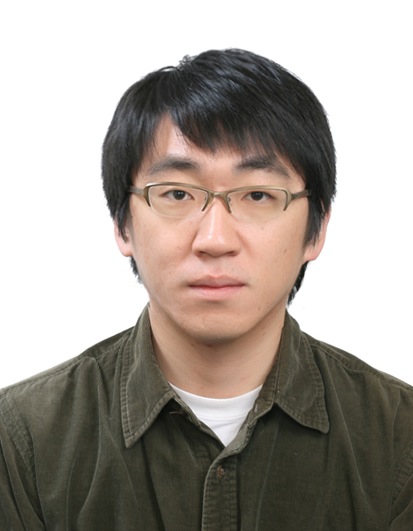About
I am Hoeseok, an Associate Professor at Santa Clara University in the Department of Electrical and Computer Engineering.
Short Bio
Hoeseok Yang received the B.S. degree in Computer Science and Engineering and the Ph.D. degree in Electrical Engineering and Computer Science from Seoul National University, Seoul, South Korea, in 2003 and 2010, respectively. He is currently an Associate Professor in the Department of Electrical and Computer Engineering at Santa Clara University, United States. Before that, he was with Ajou University, South Korea, as an Assistant/Associate Professor from 2014 to 2021. He was a Postdoctoral Researcher with the D-ITET, ETH Zürich, Zürich, Switzerland, from 2010 to 2014.
He has been a Technical Program Committee member of several conferences or workshops, including the Asia and South Pacific Design Automation Conference (ASP-DAC), the Asia Pacific Conference on Circuits and Systems (APCCAS), the International Conference on Embedded and Ubiquitous Computing (EUC), the International Conference on Embedded Computer Systems: Architectures, Modeling, and Simulation (SAMOS), the Symposium on Embedded Systems for Real-Time Multimedia (ESTIMedia), and the International Workshop on Rapid System Prototyping (RSP). He has also served Embedded Systems Week (ESWEEK) from 2019 as an Organizing Committee member. He was a recipient of the Best Paper Award at the International Conference on Compilers, Architectures, and Synthesis of Embedded Systems (CASES), in 2012. He also received the Best Paper Award at the Forum on Specification, Verification and Design Languages (FDL) in 2024.
Research Interests
- Hardware-Software Co-design
- Model-based Design of Embedded or Domain-Specific Systems
- Embedded Machine Learning
- Security Concerns in Machine Learning
How to pronounce my name
Many people ask me how to pronounce my name. The English spelling of my name is “Hoeseok”, which can be broken down into two Korean syllables “회 (hoe)” and “석 (seok)”. The first sylablle “hoe” is pronounced similarly to the German word ‘hö’ (with an umlaut), but unfortunately, there is no exact equivalent in English. The easiest way to pronounce it is to separate the ‘ho’ and ‘e,’ as in [ho] and [ɛ]. The second syllable “seok” is pronounced close to the English phonetic symbol [sʌk], but in its original Korean form, the consonant ‘ㅅ’ sound is actually a bit softer than ‘s’. In short, it is just like [ho.ɛ.sʌk] with a slightly more relaxed pronunciation of ‘s’. Listen here.
